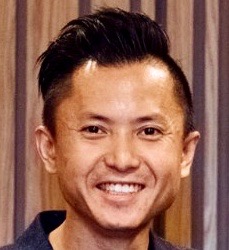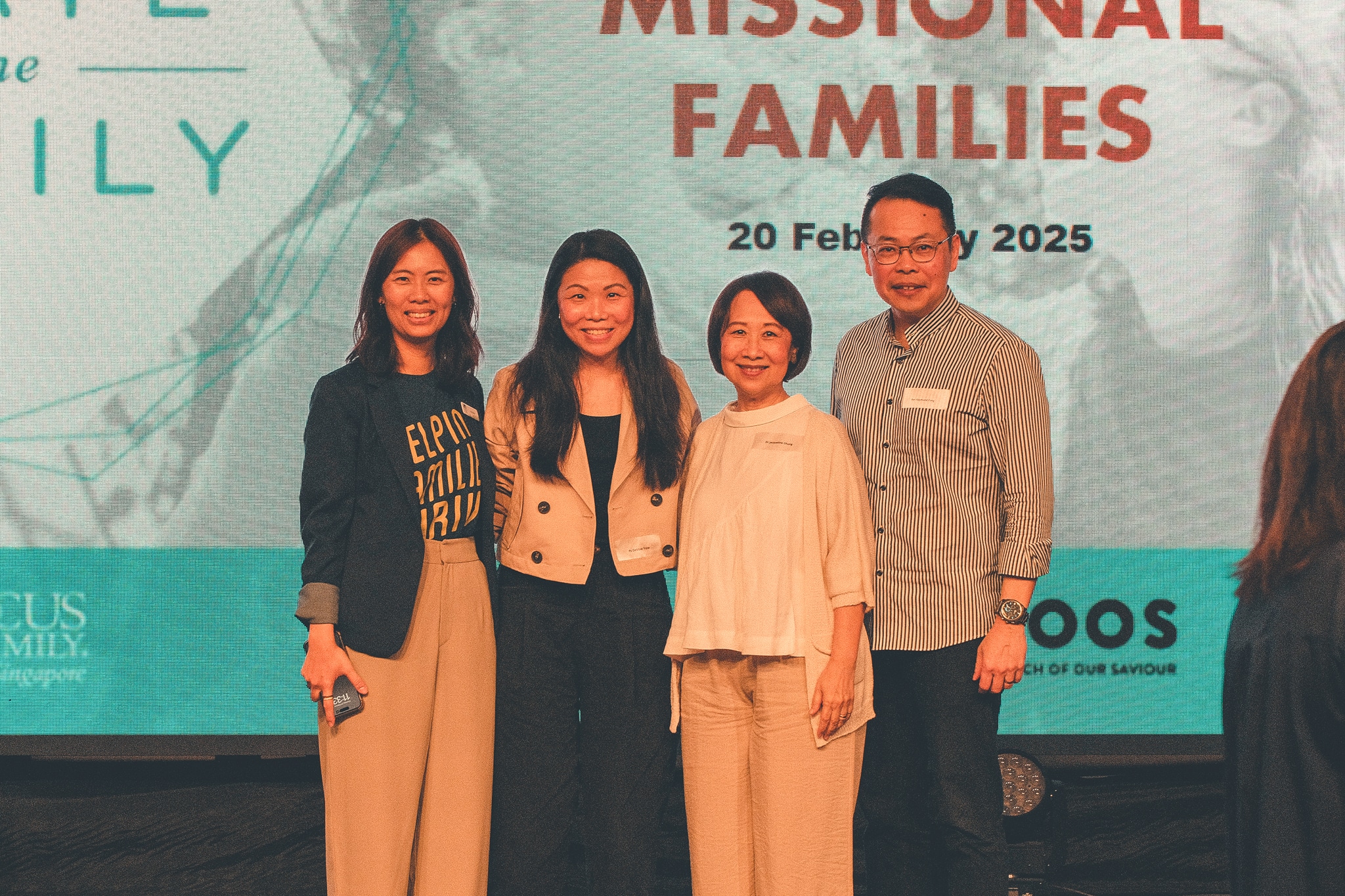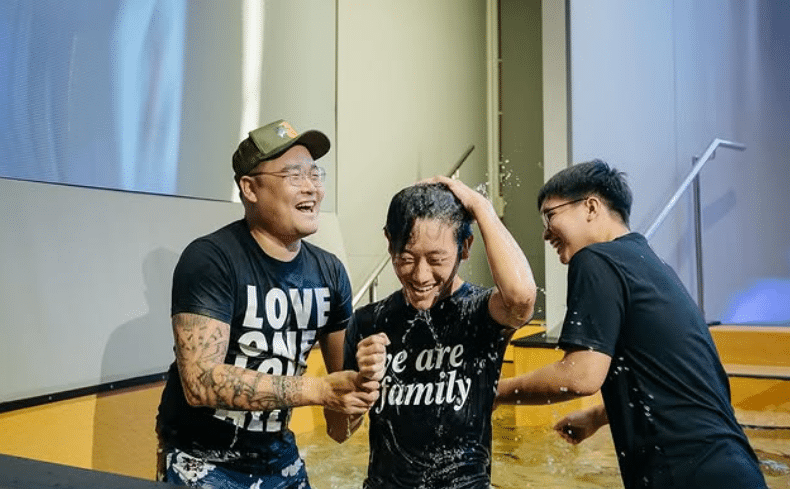“The Church can provide life-giving solutions”: A response to Roe v Wade
Ps Norman Ng // June 29, 2022, 9:00 am

Pro-life and pro-choice activists clashing after the landmark Roe v Wade ruling on June 24. Screengrab of a WSJ news telecast on June 25.
On Friday (June 24), the US Supreme Court made a historic decision to overturn the landmark 1973 Roe v Wade ruling that recognised a woman’s constitutional right to an abortion. The authority to regulate abortion is returned to the people’s elected state representatives.
To those who subscribe to a biblical worldview, this is an outcome that we are grateful for.
We believe that the life of the pre-born child is sacred and worthy of our highest protection (Genesis 9:6 NIV). Whether born or unborn, every child is known by our Heavenly Father (Jeremiah 1:5 NIV), lovingly created in the holy image of God (Psalm 139:13-14 NIV) by which he or she has inherent value regardless of age or capacities (Job 31:13-15 NIV). Each one is given unique talents, beautiful dreams, and a great destiny by our Heavenly Father (Ephesians 2:10, NKJV).
Christians need to be an active part of the solution to those who are confused, hurting and in pain.
A pre-born child is extremely vulnerable and has no ability to speak or fend for him or herself. Any taking of such a vulnerable life is a grave injustice. And this outcome will give the opportunity for thousands of pre-born babies to have the most fundamental human right – the right to live.
Nevertheless we must recognise the dilemma faced by women considering abortion in the US.
In our work supporting women in Singapore through unplanned pregnancies, we witness firsthand the complexities of their circumstances and how difficult certain decisions are.
Christians need to be an active part of the solution to those who are confused, hurting and in pain, providing alternatives to help women make a choice for life.
Since the launch in 2019 of The Heartbeat Project, an online platform providing stories and resources for Christians to converse about life and abortion, we have found immense potential for the Church to shape a culture of life in Singapore.
1. Supporting unplanned pregnancies
There are many unplanned pregnancies every year. However, in the eyes of our Heavenly Father, while there are unplanned pregnancies, there are no unwanted children.
The Church in Singapore can come together to help those in a crisis pregnancy make life-giving choices.
“While there are unplanned pregnancies, there are no unwanted children.”
Safe Place, a shelter for women going through unsupported pregnancies, is one such example.
Run by Jennifer Heng, it seeks to empower women to take personal responsibility of their situations, be equipped with life skills for themselves and their child, and embrace motherhood with confidence and hope.
Since February 2018, Safe Place has helped more than 290 women make life-giving decisions.
May this model that Jennifer and her team pioneered be a vision that there could be a safe place in each of our communities.
2. Supporting single caregivers
The Church can help single mothers too. Many women who made the brave decision to carry their child to term are estranged from their families. They are forced to manage with little support.
There are no super-humans. Instead, God’s command is for churches to be super-neighbours.
Some of them are the sole provider for their child. Consequently, they must place their child in childcare while they work. In the event that their child falls ill, these mothers have to take urgent leave to bring their child to the clinic, which could leave them severely disadvantaged at work.
Single mothers are often also the sole caregiver for their child’s physical, mental and emotional needs 24/7, without respite.
They are called to be “Supermums”. Yet, as extraordinary as all mothers are, there are no super-humans. Instead, God’s command is for churches to be super-neighbours.
At 3:16 Church, we do this by partnering with the Prison Fellowship to care for children of incarcerated parents.
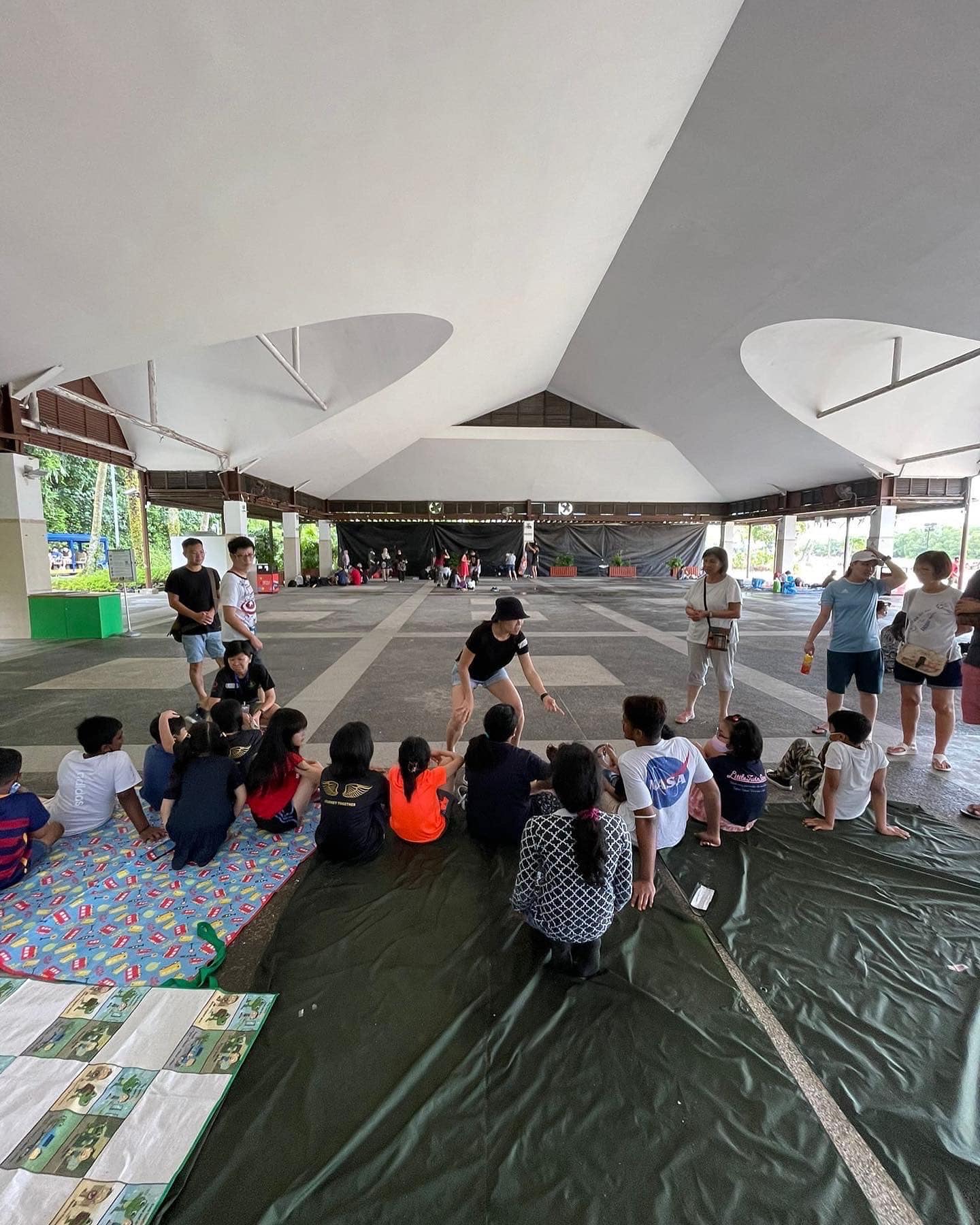
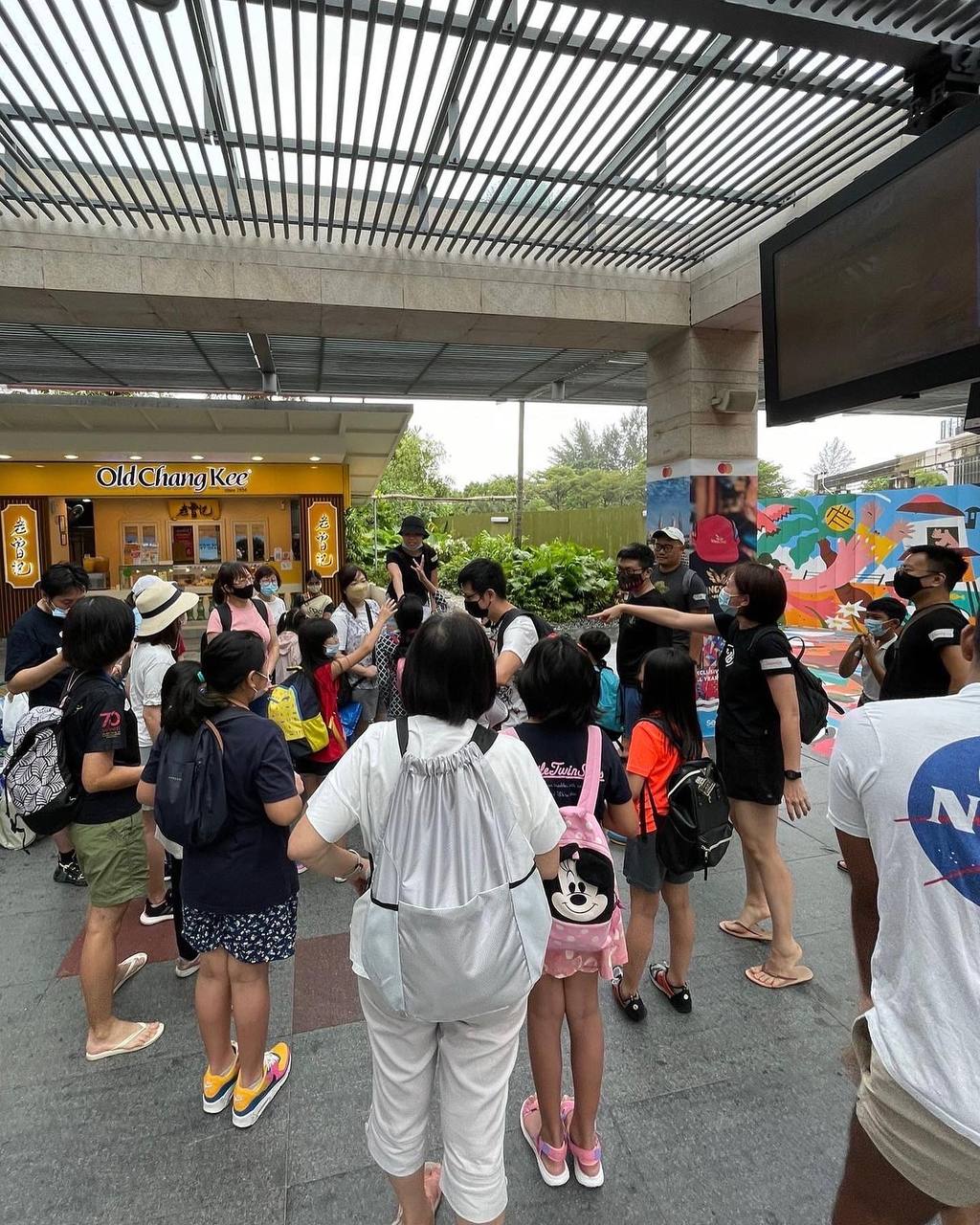
3:16 Church partners with the Prison Fellowship to organise activities and excursions for the children of incarcerated parents.
Churches can consider running holiday programmes, providing respite care and, more importantly, forming meaningful friendships with caregivers and their children.
3. Fostering vulnerable children
In Singapore, there are about 1,200 children who are under foster care for reasons such as abuse, neglect or abandonment, or because their parents are unable to care for them. The latter could be a consequence of imprisonment, physical or mental illness, or the death of one or both parents.
About 600 of these vulnerable children, separated from their birth parents who are unable to take care of them, are in the care of foster parents. The rest are residing in children’s homes, where they assuredly receive the care they need, but not the security and stability of a home environment and the nurturing love of foster parents.
Together, the Church can truly reveal God as a Father to the fatherless.
There are close to 600 churches in Singapore. If every church in Singapore fosters just one child, we could provide family environments for most of the vulnerable children.
As the awareness of fostering increases, good families will rise to foster. To this end, the LoveSingapore network of churches started 100 Homes, issuing a call to Singapore churches to raise a hundred new foster families, so that the vulnerable children in our society may experience the love, care and safety of a Christian family.
Ever since its initiation in September 2020, the work with the Ministry of Social and Family Development’s (MSF) partners yielded an estimated 40% increase in the national annual fostering rate at one point in time.
There is much hope in these first fruits. Together, the Church can truly reveal God as a Father to the fatherless (Psalm 68:5-6 NIV).
4. Being inclusive to the special needs community
According to the Koinonia Inclusion Network (KIN), a parachurch organisation that partners churches to include people with disabilities, there are fewer than 30 local churches with a ministry that supports the special needs community. This is a concerning statistic and is not representative of true worship in the Church (Isaiah 1:14-17). It is important that the special needs community is actively included as part of Christ’s body.
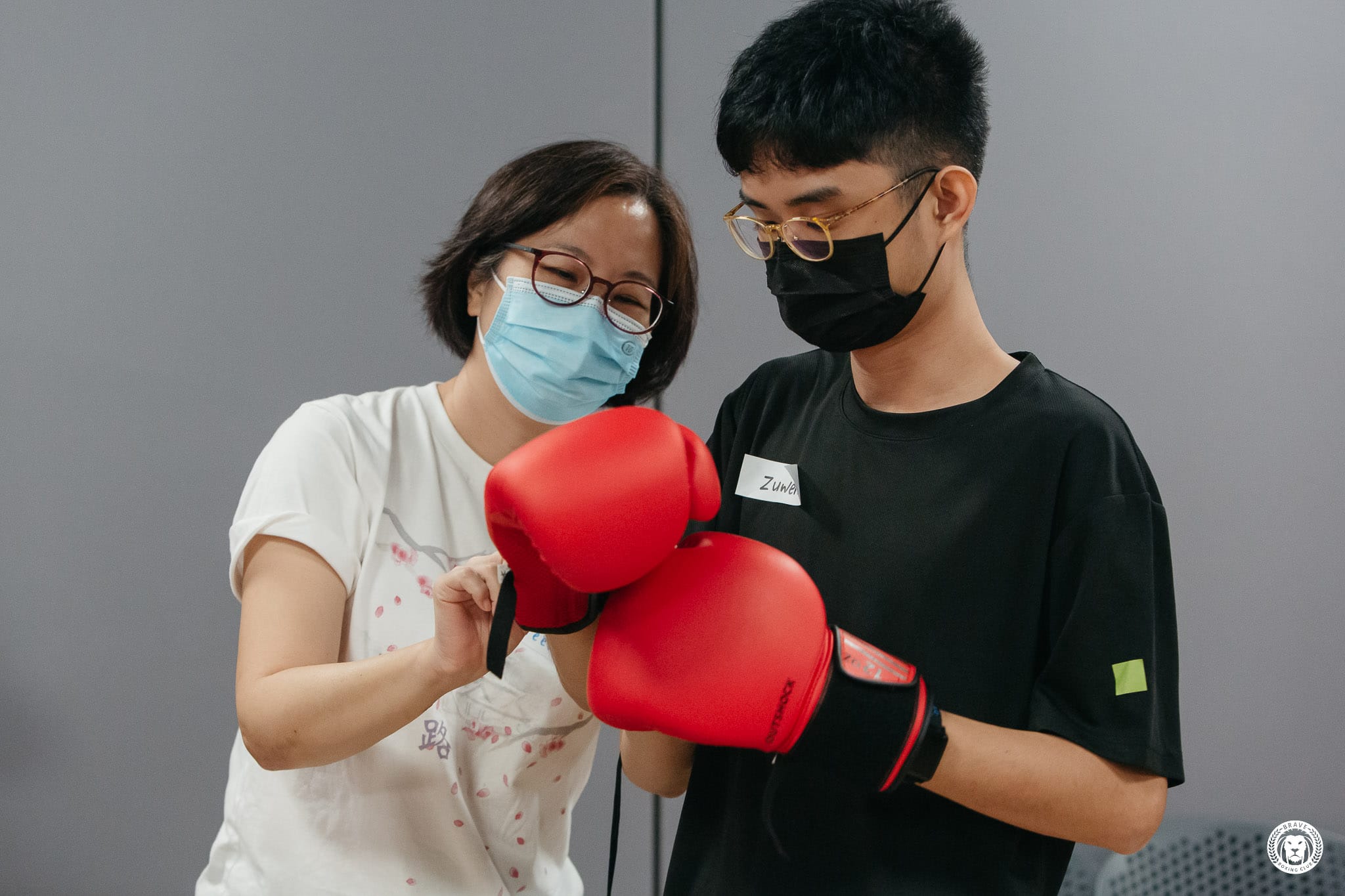
3:16’s Brave Club, an outreach effort supporting families with special needs children, includes sports activities for teens. Photo courtesy of 3:16 Church.
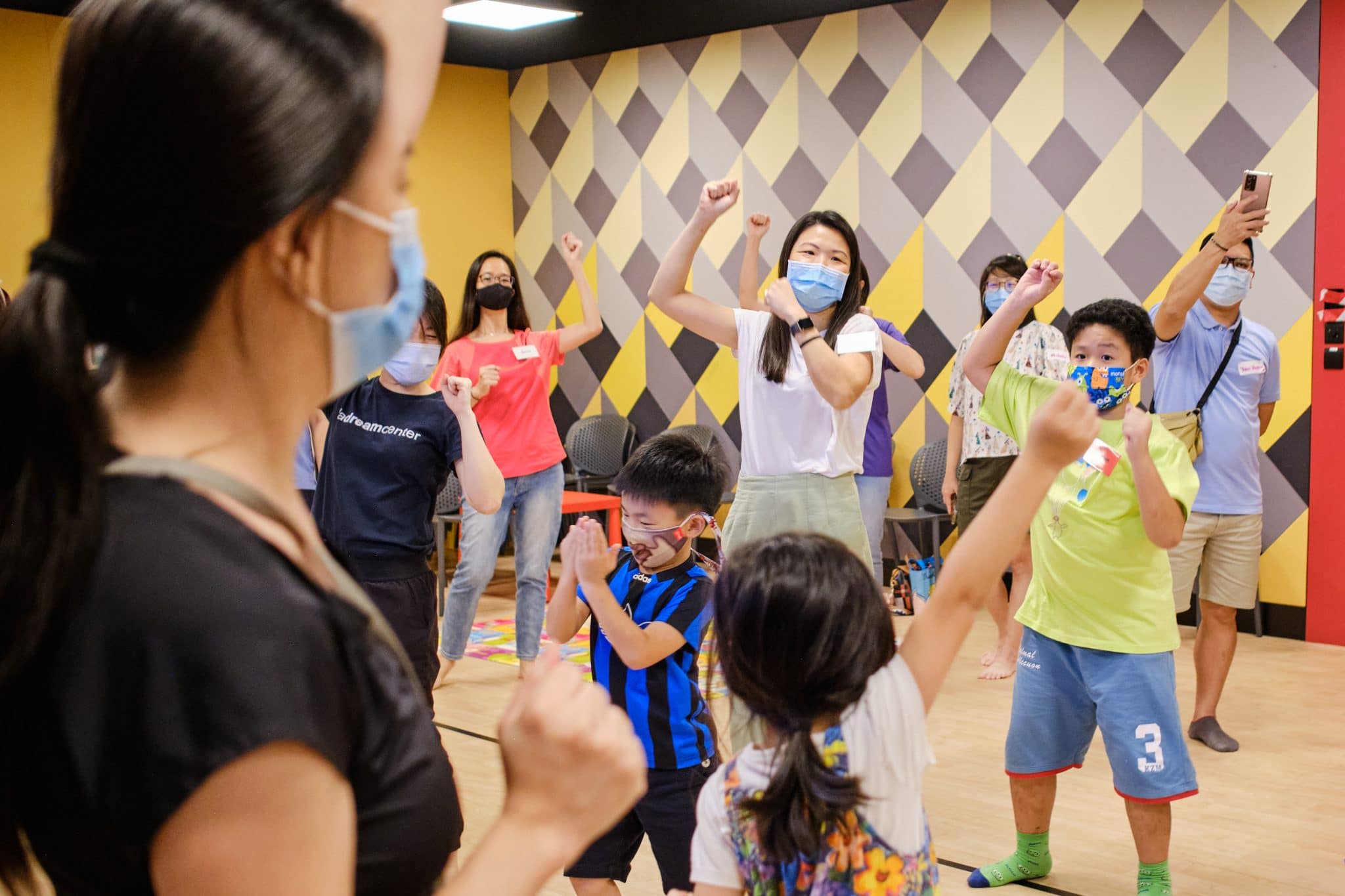
The Brave Dance Club had kids coming together to move and groove in April this year.
Churches become more enabled when we include people with special needs. It is in line with God’s design for the Church to reflect unity in diversity (1 Corinthians 12:21-23).
We have to support the dignity of both mother and child (and even of fathers).
3:16 Church experienced this in starting Brave Club, a monthly sports-based outreach that supports families with special needs. Church members would conduct boxing and dance classes for children with special needs. We even had a Brazilian football coach on the Singapore national team come in to train the children.
Every month, we never fail to be inspired by the strength of character and courage displayed by the special needs community.
As we pray for an inclusive society, let’s do our part. Let’s create an inclusive church where our special needs friends are welcome to be part of God’s family, fully seen and fully embraced.
Matthew 25:40 comes to mind: “The King will reply, ‘Truly I tell you, whatever you did for one of the least of these brothers and sisters of Mine, you did for Me.’” I imagine them to be the ones that Jesus stops for.
If you have been considering shifting resources and budget for a ministry like this, I would like to affirm you, that you are on the right path.
A life-giving ecosystem
We have to support the dignity of both mother and child (and even of fathers).
Let’s be a Church that provides an ecosystem that gives life, and life to the fullest.
May we do so with courage and compassion. May we keep showing up with hope, humility and empathy. May we be faithful amid tension.
Let’s be a Church that provides an ecosystem that gives life, and life to the fullest. “And whoever welcomes one such child in My name welcomes Me.” (Matthew 18:5)
Today, abortion is very accessible in Singapore. A quick Google search will point you to abortion clinics, rated and reviewed like cafes. Singapore also has one of the most liberal abortion laws in the world, allowing terminations up to 24 weeks of pregnancy. A minor between 14 and 16 does not require parental consent to abort her child. We are of the view that pregnant teens deserve guidance and support from their parents before making such a major, irreversible decision.
It has been 53 years since the abortion act was implemented in Singapore. Since then, society’s understanding of foetal development and access to life-saving technologies have improved tremendously.
Perhaps it is then time for us to have more conversations about abortion policies. To hear from those who survived abortion trauma. To raise awareness of life-giving alternatives so that our expectant mothers (and fathers) can truly have a choice for life.
RELATED STORIES:
Kindergarten bomb shelter prompted pastors to launch The Heartbeat Project
“We will not choose”: Parents who adopted four babies, three with special needs
We are an independent, non-profit organisation that relies on the generosity of our readers, such as yourself, to continue serving the kingdom. Every dollar donated goes directly back into our editorial coverage.
Would you consider partnering with us in our kingdom work by supporting us financially, either as a one-off donation, or a recurring pledge?
Support Salt&Light